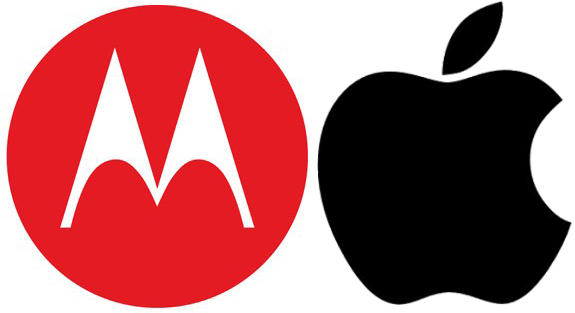2011 was a year made up of mixed fortunes for Cupertino-based Apple. From a trading and financial aspect; they went from strength to strength with success of the iPad 2 and the iPhone 4S becoming their most successful product launch in the companies history with 4 million units being sold in the first three days. Let us not forget that the share price also breached the $400 mark in 2011 for the first time.
Financial reports from the middle of 2011 even showed that the company had $76.2 billion in cash and marketable securities, meaning they were holding more cash than the U.S government. However, although the company turned in strong financial performances in a tough economy, 2011 wasn’t without its troubles for Apple. Founder and CEO, Steve Jobs, tragically lost his battle with pancreatic cancer in October and they also found themselves involved in numerous high profile court cases related to patent infringements.
One of the numerous patent infringement cases involving Apple was actually filed by the company back in the final quarter of 2010, and involves an alleged infringement of Apple technologies by Motorola Mobility. The case revolves around Motorola’s Droid line of devices and covers software installation methods, the use of touch screen and multi touch gestures and multi touch recognition using two or more fingers.
Apple have had their fair share of success in the courts with patent claims, most notably in August last year when a German court ruled against Samsung in an ongoing complaint. The ruling meant the immediate withdraw of the Samsung Galaxy Tab 10.1 in every EU company, except the Netherlands. In September of the same year the ban was also extended to Australia.
However, in the claims against Motorola Mobility, the International Trade Commission has made a preliminary ruling against Apple, ruling in favor of the soon to be Google owned Motorola Mobility. The ruling’s initial ruling states that Motorola has not overstepped any lines when it comes to the three stated patents which are owned by Apple. Although brief, in regards to any violations of 337, the ruling states:
It is held that no violation of section 337 of the Tariff Act of 1930, as amended, 19 U.S.C. § 1337, has occurred in the importation into the United States, the sale for importation, or the sale within the United States after importation of certain mobile devices and related software by reason of infringement of one or more of Claims 1, 2, 10, 11, 24-26, and 29 U.S. Patent No. 7,812,828 ("the ‘828 Patent"), claims 1-7 and 10 of U.S. Patent No. 7,663,607 ("the ‘607 Patent"), and claims 1, 3, and 5 ofthe U.S. Patent No. 5,379,430 ("the ‘430 Patent").
The ITC judgment represents an early victory for Motorola in the case, and while it is only an initial ruling, it is generally an indication of the way the final ruling will go. Motorola Mobility senior vice president echoed the importance of the judgment:
“We are pleased with today’s favorable outcome for Motorola Mobility. Motorola Mobility has worked hard over the years to develop technology and build an industry-leading intellectual property portfolio. We are proud to leverage this broad and deep portfolio to create differentiated innovations that enhance the user experience.
We will obviously await a final ruling from the Independent Trade Commission, but whatever the ultimate outcome; I don’t think we have seen the end of the patent infringement claims.
(via SlashGear)
You can follow us on Twitter, add us to your circle on Google+ or like our Facebook page to keep yourself updated on all the latest from Microsoft, Google, Apple and the web.

